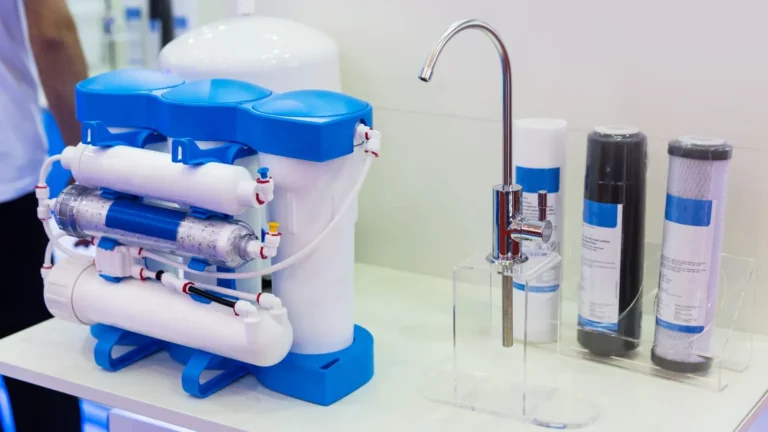
Prism glasses are a specialized type of eyewear designed to alter the way light enters the eye. These are used in Neuro-Optometric to address visual conditions. While they may look like regular glasses, their purpose goes beyond simply correcting refractive errors like nearsightedness or farsightedness. Prism glasses help redirect the path of light to address specific visual conditions, making them a valuable tool for enhancing the visual experience for many.
How Do Prism Glasses Work?
The lenses in prism glasses are uniquely shaped to bend light in a specific way. Unlike conventional lenses, which adjust focus, prism lenses shift the position of the image seen by the eye without altering its clarity. This adjustment can be particularly helpful for individuals with conditions such as double vision or misalignment of the eyes.
A person with an eye that struggles to align with the other might experience seeing two images instead of one. Prism glasses help the eyes “meet in the middle” by guiding light to land on the correct parts of the retina. This adjustment can improve visual coordination, making daily tasks like reading or driving more comfortable and manageable.
Who Benefits from Prism Glasses?
Prism glasses are often recommended for individuals experiencing certain visual challenges. For instance, people recovering from events like a traumatic brain injury may be prescribed prism glasses as part of their treatment to address vision impairments. Neuro-optometric specialists frequently utilize prism lenses to complement rehabilitation strategies.
Individuals with binocular vision dysfunction or eye movement disorders may also find significant relief with these specialized lenses. By reducing strain on the eyes, prism glasses can improve symptoms like headaches and visual fatigue. While they are not a universal necessity for everyone, their targeted approach makes them an invaluable solution for people with specific visual concerns.
What Are the Neuro-Optometric Applications of Prism Glasses?
The field of Neuro-Optometric rehabilitation has embraced the use of prism glasses to address visually induced symptoms caused by neurological conditions. These may include dizziness, balance issues, or sensitivity to light. Prism glasses, tailored to a patient’s unique needs, can provide relief by helping the brain and eyes work more harmoniously.
In individuals who have suffered from a concussion, their sense of spatial awareness may be disrupted. A Neuro-Optometric professional might prescribe prism glasses to assist in recalibrating their visual perception. These applications demonstrate the practical contributions of prism glasses in improving the quality of life for affected individuals.
What Are the Benefits and Limitations?
Prism glasses offer several benefits, primarily by improving visual clarity and reducing eye strain. They can help alleviate discomfort during tasks that demand deep focus, such as reading or working on a computer. Additionally, they can address balance and coordination issues linked with visual impairments, enhancing mobility and independence.
It’s worth noting that prism glasses are not a universal solution. They are often part of a broader treatment plan tailored by an eye care professional. These lenses require precise adjustments, and effectiveness varies depending on individual needs. Consulting with a specialist ensures optimal results without exacerbating visual conditions.
Optimizing Visual Comfort and Functionality
Prism glasses represent a thoughtful solution for individuals with specific visual challenges. If you’re curious about whether prism glasses could be right for you, consulting an optometrist with experience in neuro-optometric care is an excellent first step. They can assess your specific needs and guide you toward a solution that enhances your visual experience and quality of life.


